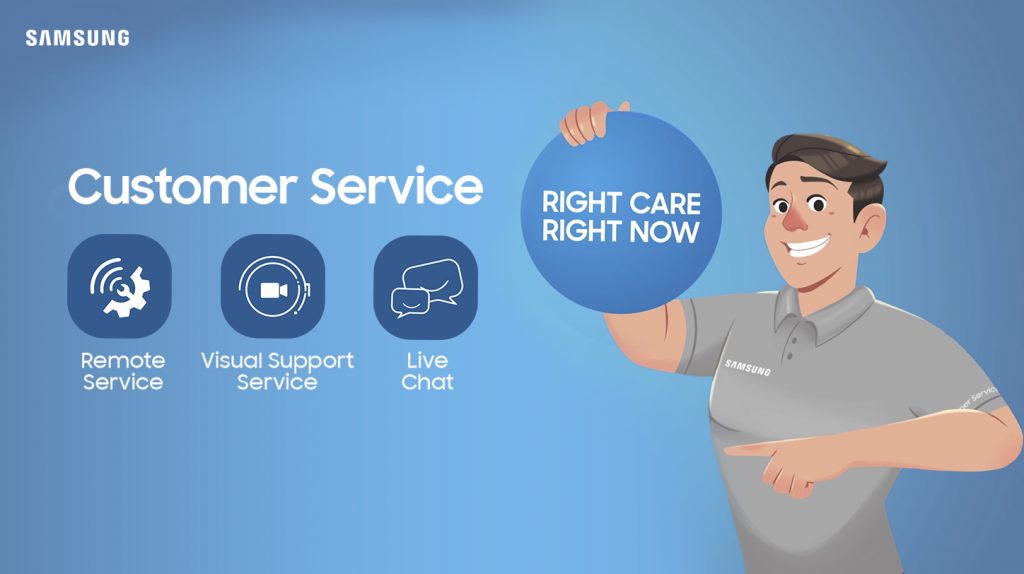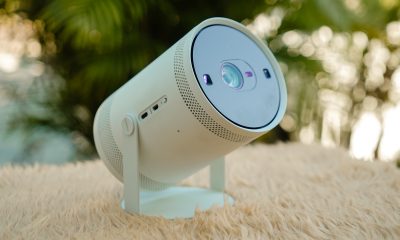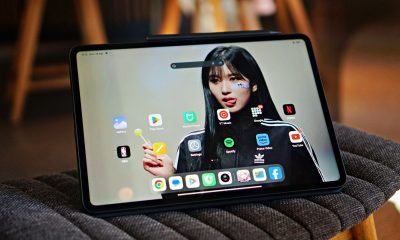Enterprise
Samsung’s customer service offerings you might not know about
Remote support, 24/7 live chat and more
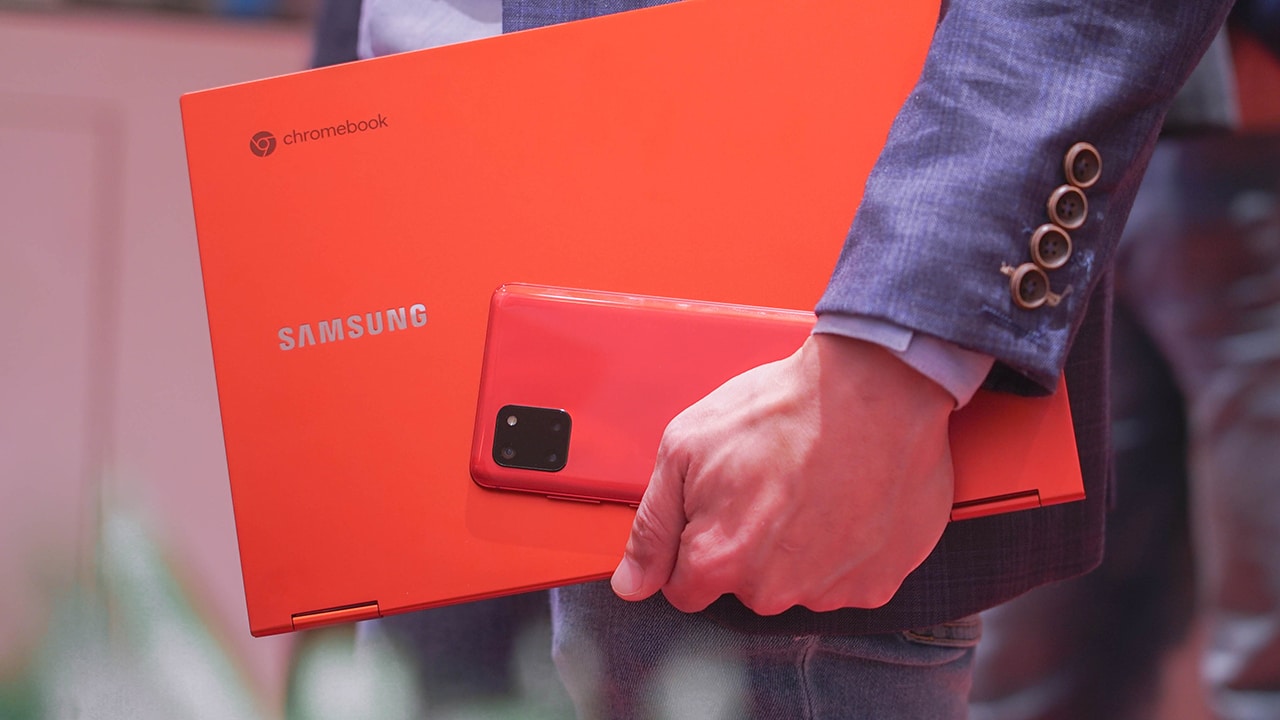
One thing you must always consider when buying an electronic device is the scope of warranty and support reliability. Most manufacturers fail in either one, but poor support reliability is a more common issue. Having reliable manufacturer support for your device is critical especially that devices inevitably break down in time.
Samsung recognizes the merits of having reliable support for its devices. As such, it launched three support mechanism where its consumers can choose from when their devices need troubleshooting.
Remote Service
Samsung consumers who bought handheld devices, TVs, and digital appliances can avail of remote support services for help and troubleshooting. By accessing the support app on their devices, consumers can place a secure call to the customer service team. A dedicated team of engineers can then remotely view and control specific device settings, and provide product assistance.
Live Chat
Consumers can also access the live chat feature available on Samsung’s website. This feature is also available through the Samsung Members’ app, which can be downloaded on the Google Play Store. Having a live chat enables consumers to ask the customer service anytime, anywhere. This is handy especially when a Samsung appliance breaks down, and there are no nearby technicians or service centers available.
After-sales services
Apart from offering convenient remote service and a 24/7 live chat, Samsung also offers a variety of after-sales services for the consumer’s peace of mind. These various services make cumbersome troubleshooting a thing of the past and give consumers a sense of security when buying a Samsung device or appliance.
- Nationwide service network — Samsung has over 150 authorized service branches where they can bring small appliances (40 inches and below) for troubleshooting with dedicated technicians.
- In-home service — Consumers with bigger appliances can schedule a home visit from dedicated technicians.
- Support hotline — Those opting to call Samsung’s hotline may do so by dialing #GALAXY or #425299 for mobile devices. For appliances, they can call the toll-free hotline 1-800-10-7267864 (PLDT) or 1-800-8-7267864 (Globe).
- Online manuals — Samsung also has online tutorials and FAQs for its devices. They are readily available on Samsung’s website or through the Samsung Members’ app.
With a variety of support services available to consumers, Samsung is ensuring its consumers that the company is ready to help them especially when an inevitable breakdown occurs.

For the longest time, Google kept Pixel and Android behind two different teams. While the Pixel team dealt with devices made by and for the brand, the Android team ships a product meant for brands outside of the company’s purview. However, the days of separation are at an end. Google is officially merging its Pixel and Android teams together.
In a shocking announcement, the company has confirmed that the teams handling hardware and software will fall under a single team headed by Rick Osterloh. Prior to the merge, Osterloh was the senior vice president of devices and service, which was Google’s hardware branch. He will now oversee both hardware and software.
Because of the new leadership change, Hiroshi Lockheimer, former head of Android, will now move on to other projects within Alphabet. Of note, the change is not harsh for Lockheimer. He and Osterloh had been contemplating on the merge for a while.
Now, why the change? As is the case with everything today, it’s all because of AI. Speaking to The Verge, Osterloh explains that the merge will help with “full-stack innovation.” With how technology is these days, it’s now impossible to develop AI without having a close eye on hardware, such as in Google’s AI developments for the Pixel camera. Merging the teams will help streamline development, especially when hardware is involved.
Despite the change, outside brands, like Qualcomm’s Cristiano Amon, remains confident of Android’s capabilities outside of Google. Just expect more AI coming out in the near future.

The ongoing trade war between the United States and China is putting a lot of companies out of business in one country. While all eyes are currently on America’s crusade against TikTok, China has launched a salvo of its own. The country has started banning AMD and Intel, starting with government devices.
Recently, as reported by the Financial Times, China has introduced a new rule that bans American chipsets and servers from government agencies. The new ban includes AMD, Intel, and Microsoft Windows.
In lieu of the now-banned brands, Chinese government agencies must use approved brands from a list of 18 Chinese manufacturers. Unsurprisingly, the list includes Huawei, another brand involved in the ongoing trade war. (Huawei is still banned on American soil.)
As with bans from America, China’s latest rules stem from a desire to implement national security. Both countries allege that using brands from the opposing side will open a potential avenue for transferring classified information.
Currently, the ban against the American chipsets are only affecting government devices. However, if it follows the same trajectory as Huawei and TikTok in the United States, a government-only ban might soon lead to an all-out ban on consumer devices. As TikTok is currently hanging in the balance, it’s unlikely that the trade wars will cool down anytime soon.

So far, Apple’s greatest enemy has been the European Union. Months and months of claiming that the company engages in anti-competitive practices, the region has successfully caused Apple to drastically change a lot of things about the iPhone including the Lightning cable. Now, a new challenger wants Apple to answer for its supposed grip on the industry: the United States government.
Today, the Department of Justice is officially suing Apple for supposedly monopolizing the smartphone industry and stifling competition. The lawsuit alleges that Apple’s lineup of products prevent users from trying out other brands. For example, Apple limits how well a third-party smartwatch works on an iPhone, pushing users to go for an Apple Watch instead.
The lawsuit also includes an important pain point in Apple’s fight in Europe. It says that the company makes it difficult for iPhone users to communicate with Android users (and vice versa). Late last year, the company already committed to supporting RCS as a messaging standard, finally easing communication between the two systems. Their adoption has yet to arrive, though.
Though not as stringent as Europe, the American government is no slouch when it comes to questioning its own companies for pursuing anti-competitive practices. In the past, it went through Google and Spotify to protect the interests of its citizens. The lawsuit against Apple is no different, gathering signatures from sixteen states.
For Apple’s part, the company aims to get the case dismissed, alleging the lawsuit’s unfair scope of just the American people when it targets the entire world.
SEE ALSO: Apple opens first Developer Center in Southeast Asia
-

 Reviews7 days ago
Reviews7 days agorealme 12 5G review: It was enchanting to meet you
-
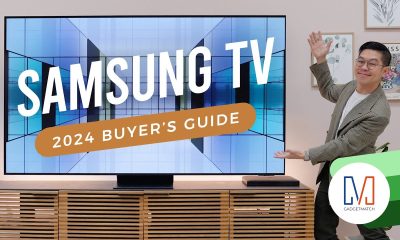
 Buyer's Guide2 weeks ago
Buyer's Guide2 weeks ago2024 Samsung TV: Buyer’s Guide
-

 Reviews2 weeks ago
Reviews2 weeks agoJBL Soundgear Sense review: Make every run magical
-
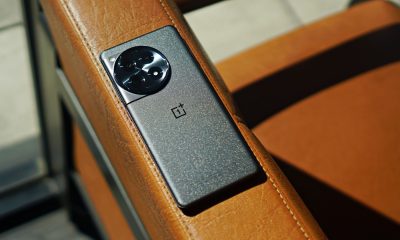
 Reviews3 days ago
Reviews3 days agoOnePlus 12R review: Making sense of OnePlus’ latest flagship
-

 Reviews2 weeks ago
Reviews2 weeks agoChallengers review: A thrilling drama wrapped as a tennis anime
-
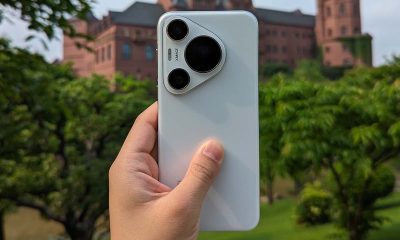
 Smartphones2 days ago
Smartphones2 days agoHuawei Pura 70 Pro Unboxing and First Impressions
-
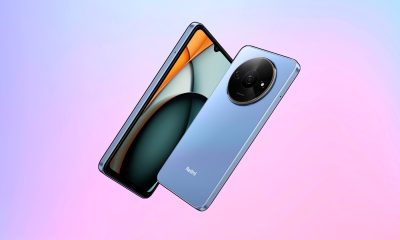
 News1 week ago
News1 week agoXiaomi Redmi A3 Philippine pricing, availability
-

 Smartphones1 week ago
Smartphones1 week agoInfinix NOTE 40 Pro+ 5G: Philippine pricing, availability


